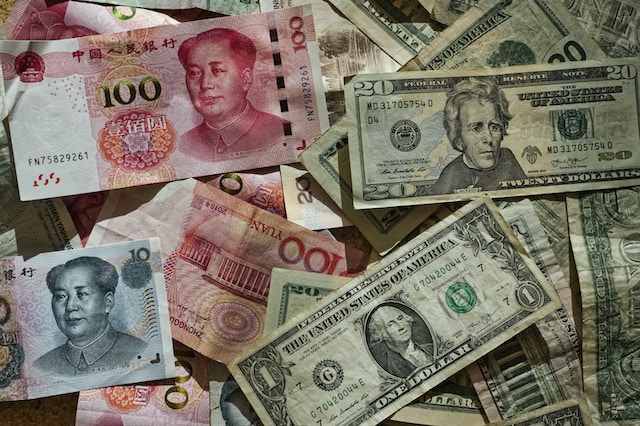
Germany’s General Election
Discussion and Analysis by Charles Porter:
Germany will head to the polls on Sunday (24th September). The salience of this election to the Eurozone political economy cannot be understated. This article will guide readers through the consequences of a significant European election given the continent’s underlying social, political and economic currents.
There are numerous and healthy literatures regarding national elections within political, economic and monetary unions. Perhaps the most interesting of which, and the one utilised within this article, is the informal governance aspect of the European Union (EU). This avenue highlights the importance of non-formal rules alongside Members’ obligations and control within the Union.
Given that the Brexit negotiation process has had a less than auspicious dawn, the future Chancellor of Germany alongside the new Bundestag composition, will play a critical role in shaping the departure of the United Kingdom from the EU. Given that insignificant formal progress has been made, future heads of states, not incumbents, will determine the secession agreement. As the winner and composition of government becomes apparent, it will be immensely important to understand how the head of state and supporting government will conduct their affairs within the European Council.
A lot is at stake, therefore, for nations other than Germany at their domestic election. The risk, ultimately, will be measured in least-worst terms. Given that the German electoral backdrop and Brexit decision is persistently framed as a negotiation, even a zero-sum game, there is no prospective leader that will offer a free ride, full of concessions, to the UK when leaving the EU. However, some may not push the UK as a far as others in terms of post-secession contributions and trade prospects.
However, there is one more certain bonus coming the UK’s way following Germany’s general election. The good news for the UK should arrive despite the result and development of the Chancellorship. This phenomenon is availed by the informal governance literature. Two findings suggest that the national pay-out from the EU budget during the year of a national election is 10 percent higher than normal in favour of the economy experiencing an election. More importantly, the period surrounding a salient national election is also marked by regulatory and conversational stagnation.
These findings in conjunction with each other suggest that once the German election is out of the way, there should be less confusion within the European polity and EU institutions. This could facilitate progress with the Brexit process. Notably, the French presidential election also fell within the post-Article 50-declaration period. Therefore, perhaps the deadlock within negotiations will subside and mutually prosperous coalition building and concession granting will prevail.
Comments have abounded that the foreign exchange channel has almost exclusively tracked and responded to the political volatility induced by the Brexit process. This is an interesting conclusion given the enabling characteristic of currencies. Nevertheless, given the apparent exposure of foreign exchange markets to Brexit-related turmoil, good attention should be paid to the forthcoming German election at a time where the British Prime Minister sets forth her vision for the UK.
Related Insights

Morning Brief – Asian Currency Wars
Asian Currency Wars A thoughtful article in the South China Post on Saturday evening raised the spectre for what many fear but few choose to put into words: China opting for a significant devaluation of the Yuan to make it more competitive and that in turn triggering devaluations in the other Asian economies. The reason […]

Morning Brief – Japanese Yen
Japanese Yen As soon as a rash of market analysts concluded yesterday that the Yen was a basket case and that the Bank of Japan were wasting their money intervening to prop up the Yen, the Japanese Yen strengthened markedly on the back of US data admittedly rather than positive Japan data, but it certainly […]

Morning Brief – UK Pay
UK Pay With unemployment at its highest since last year with the Q1 rate at 4.3%, it would look safe to assume that the Bank of England would be encouraged to cut UK interest rates sooner rather than later; however with wage growth at 6% providing the counter argument to sooner, the first cut may […]


 Humphrey Percy
Humphrey Percy